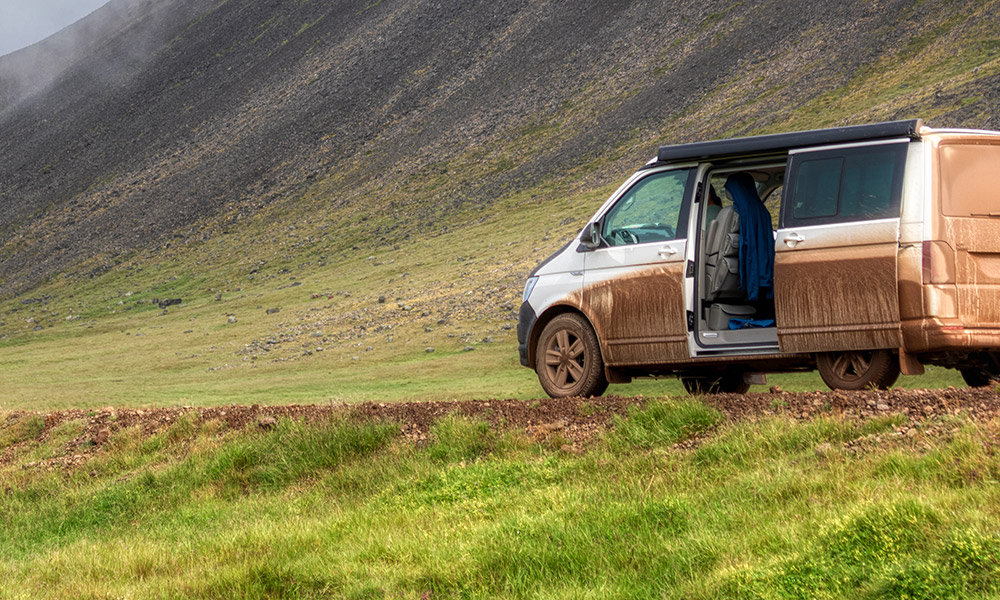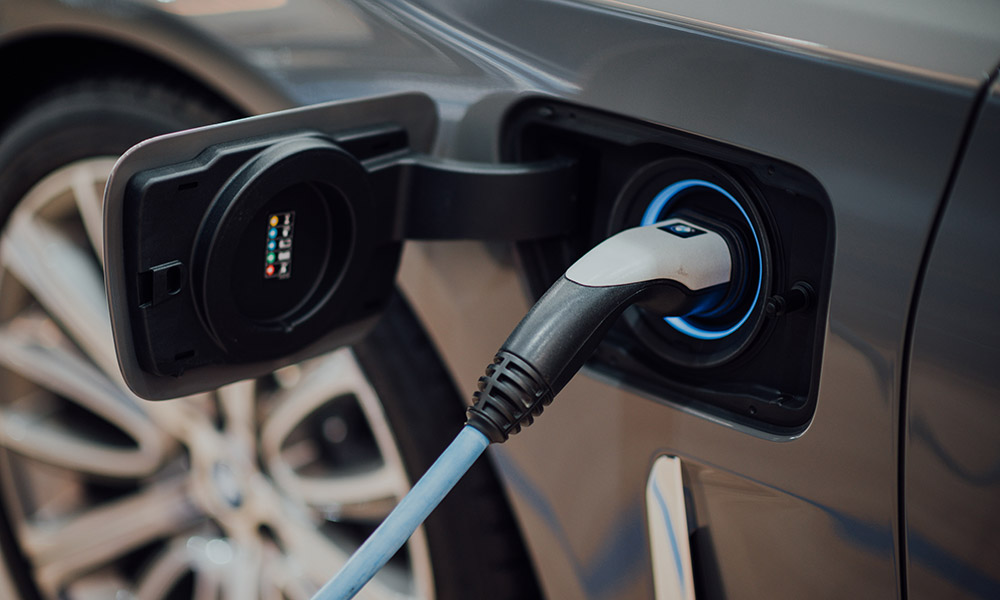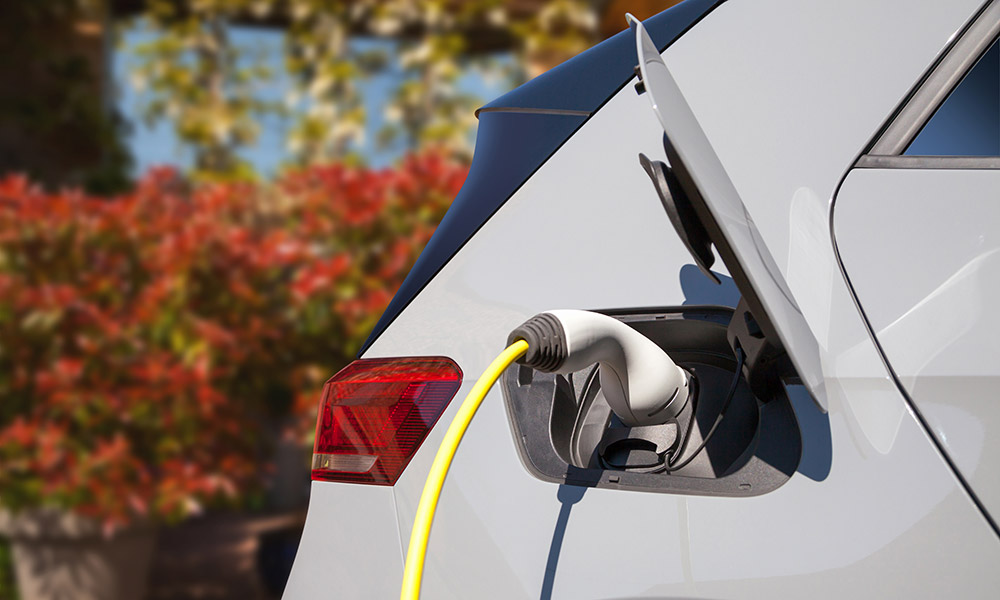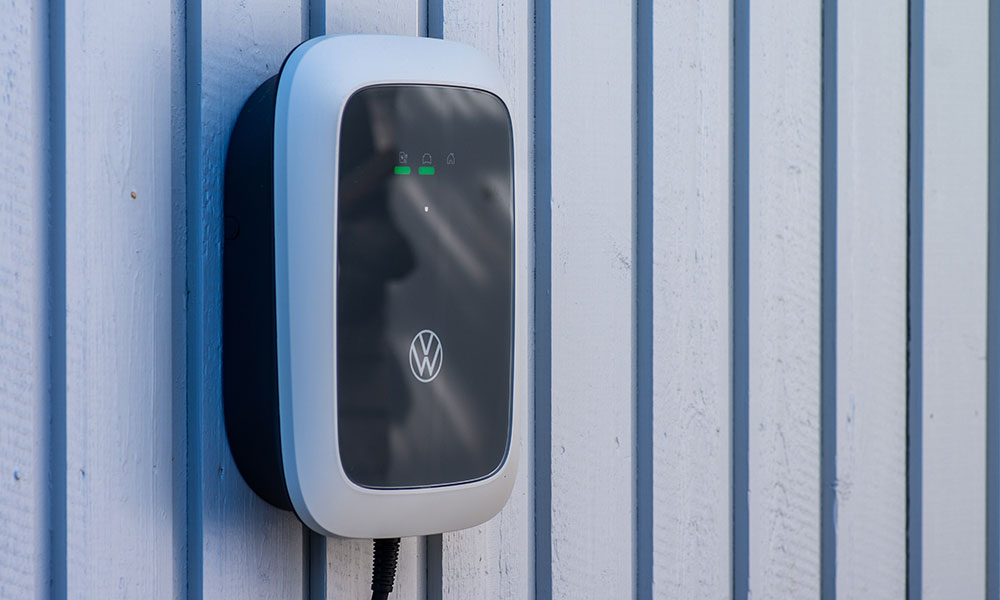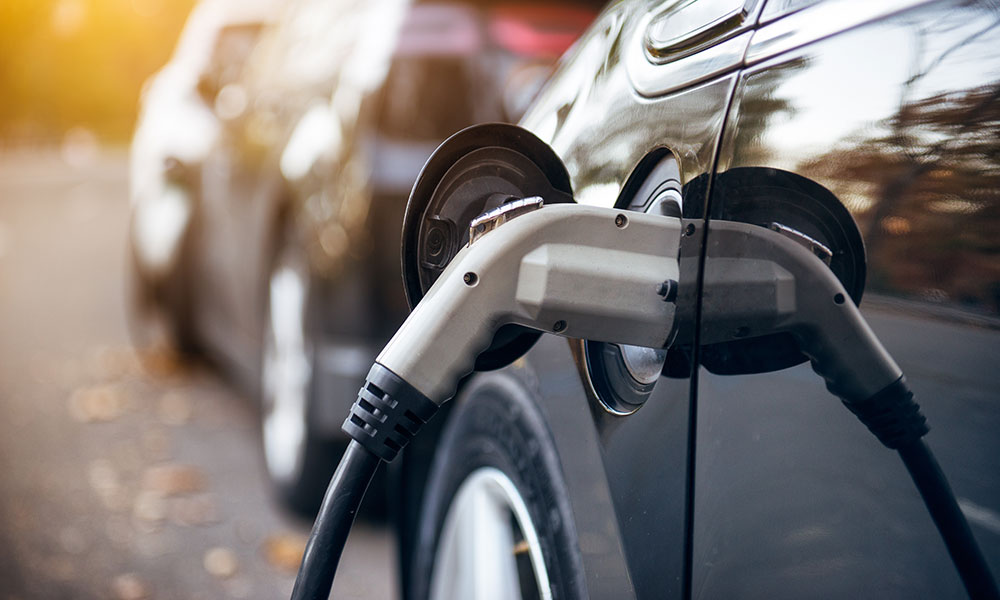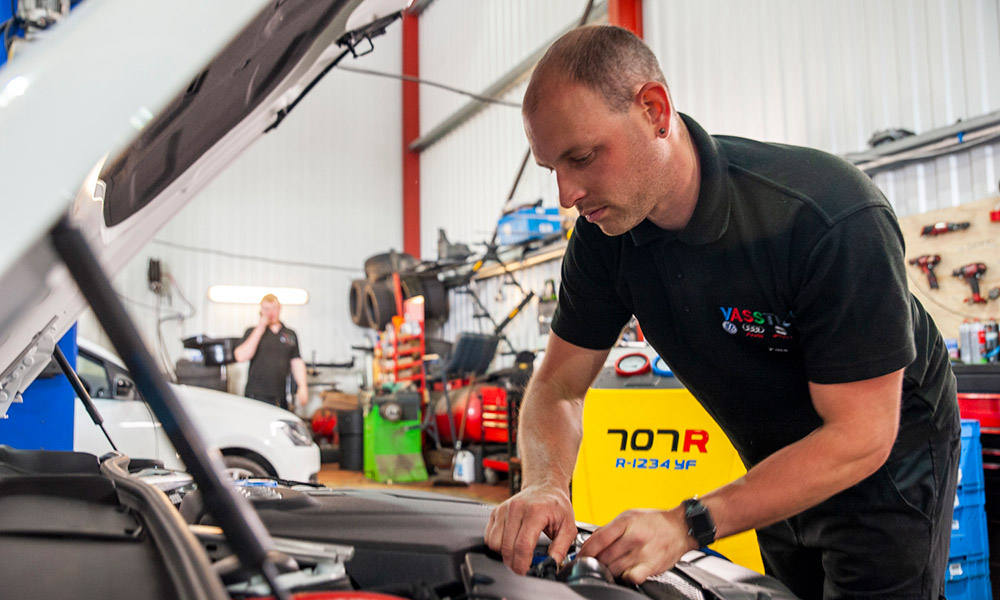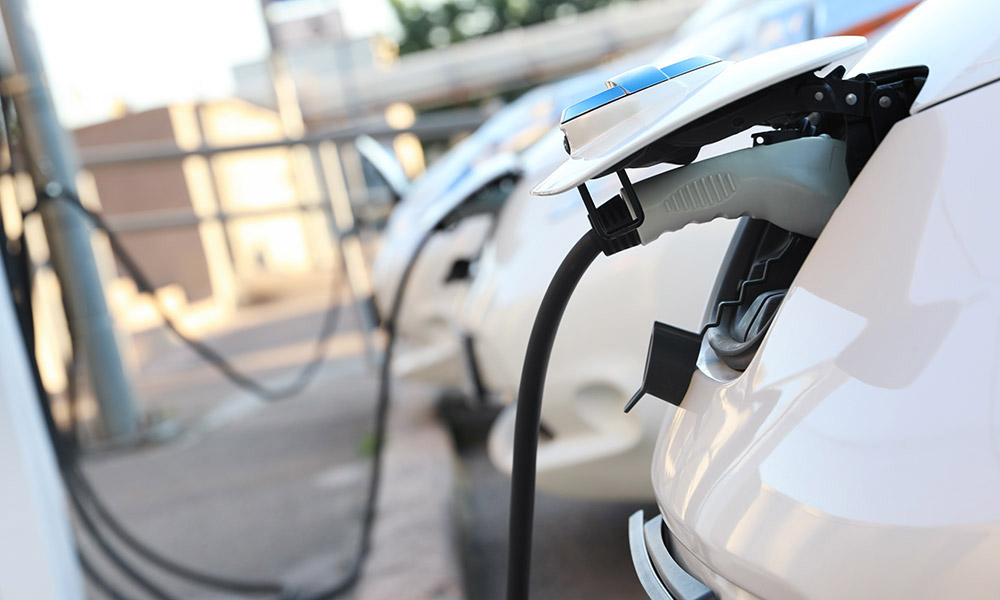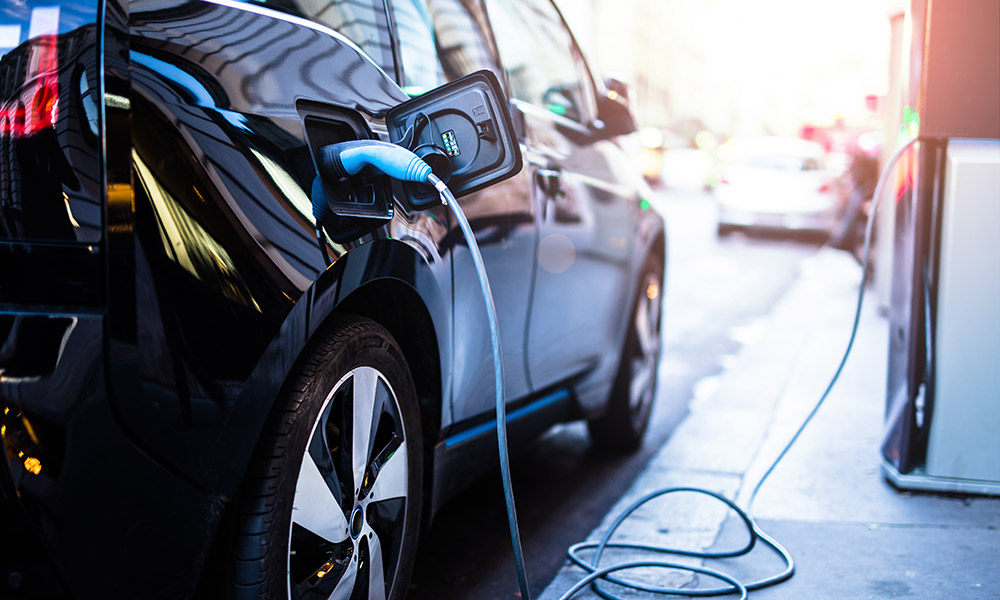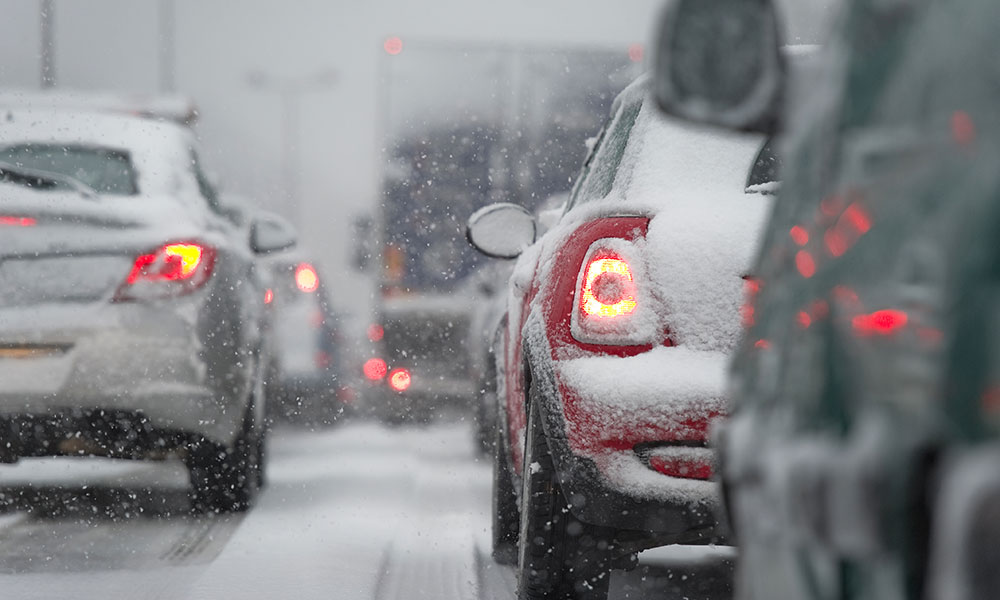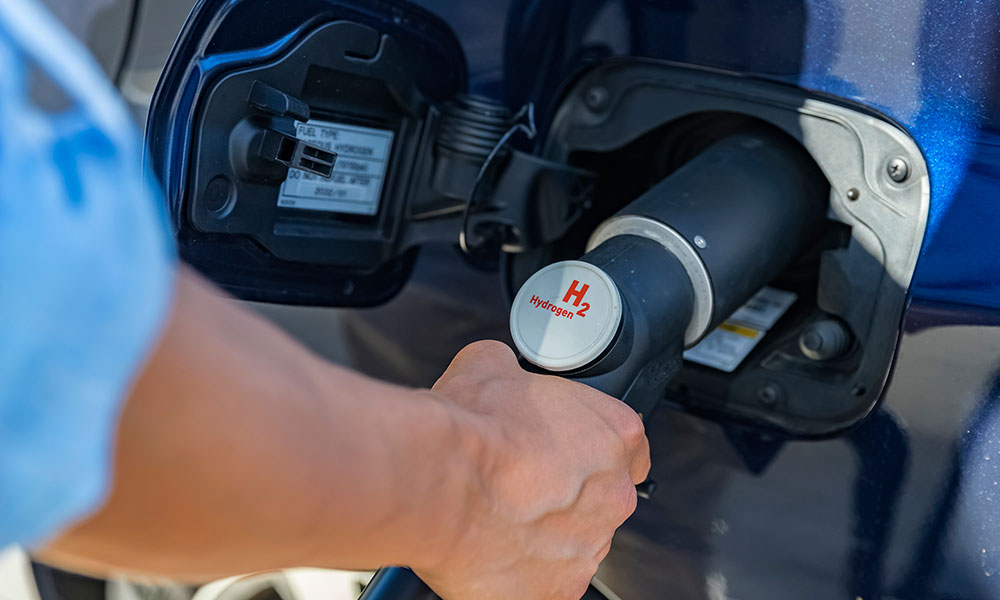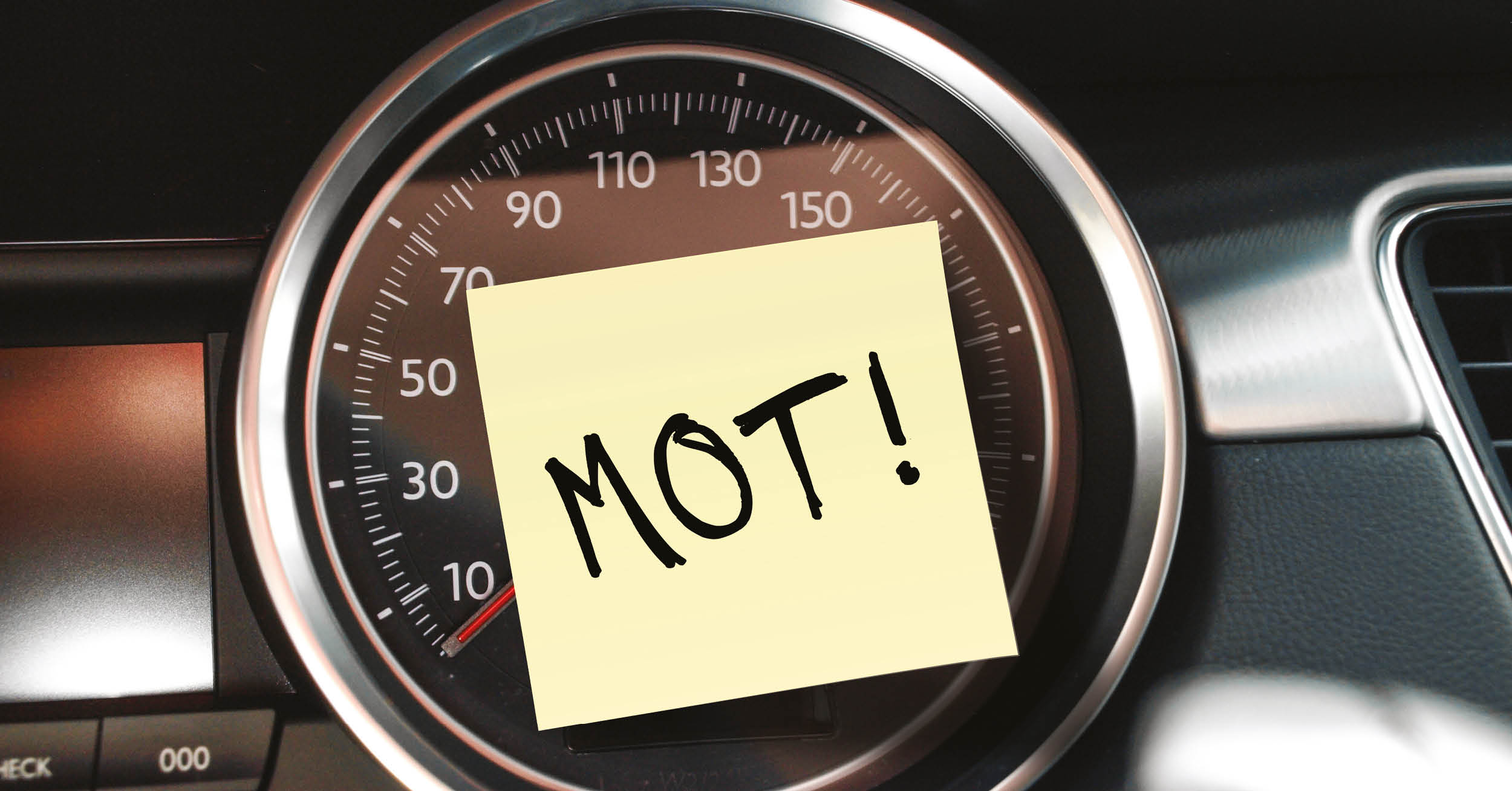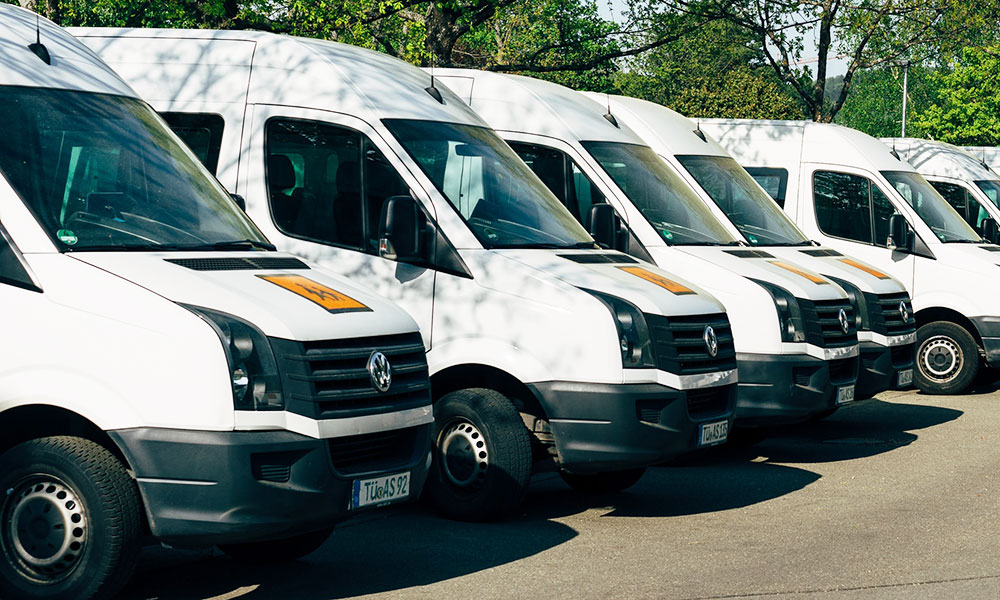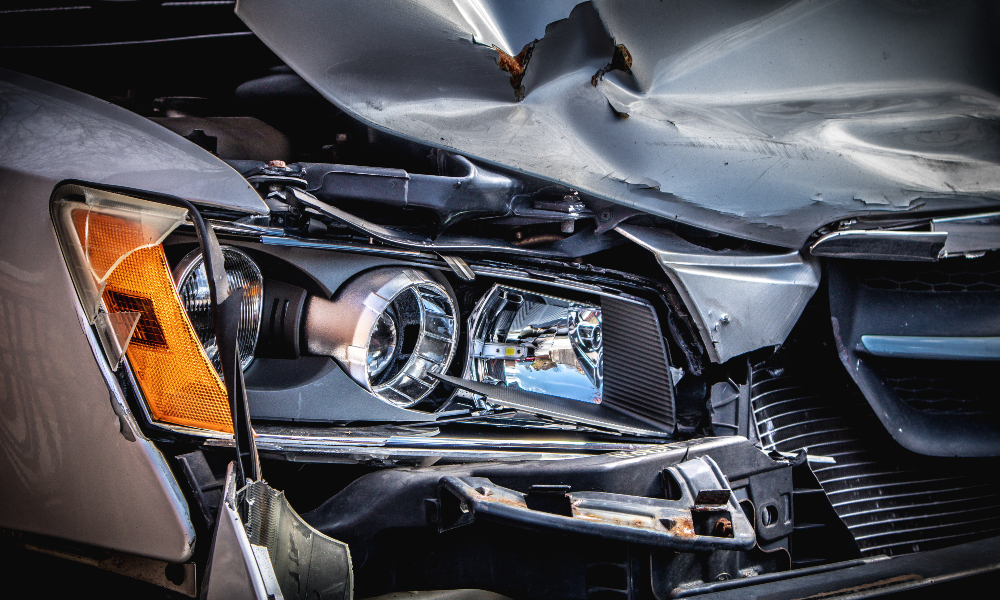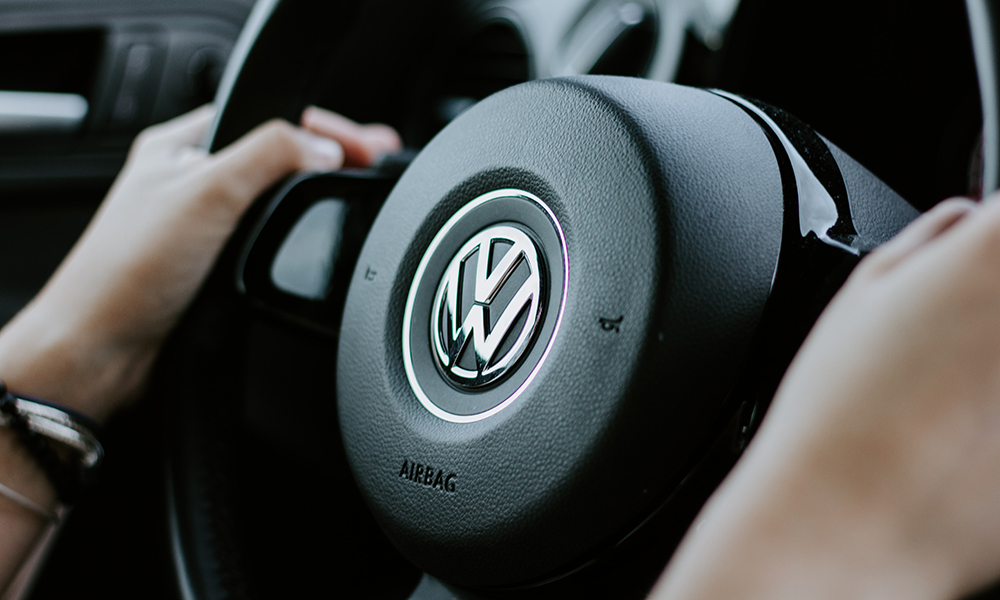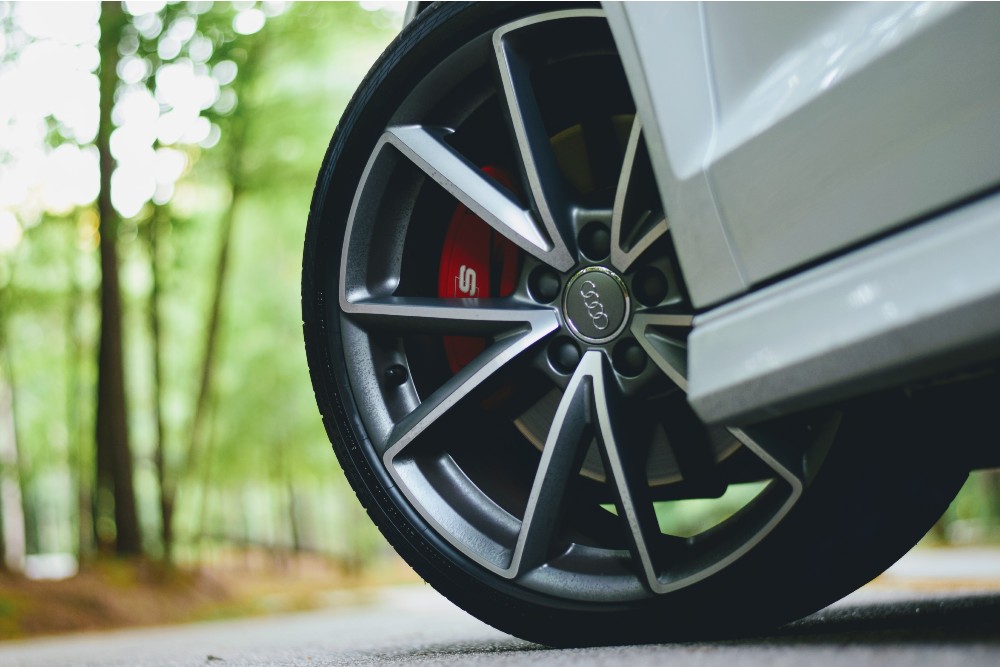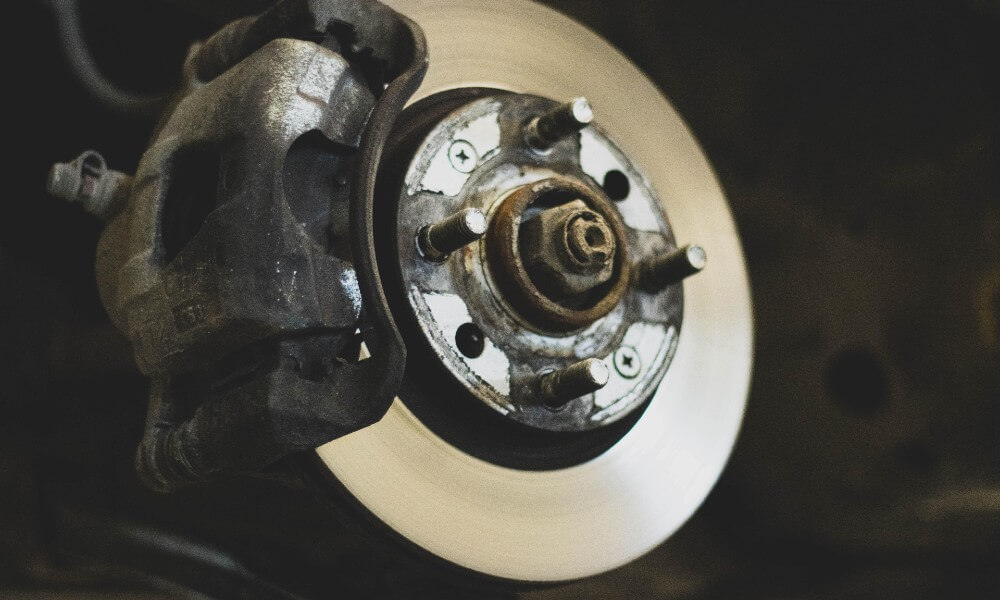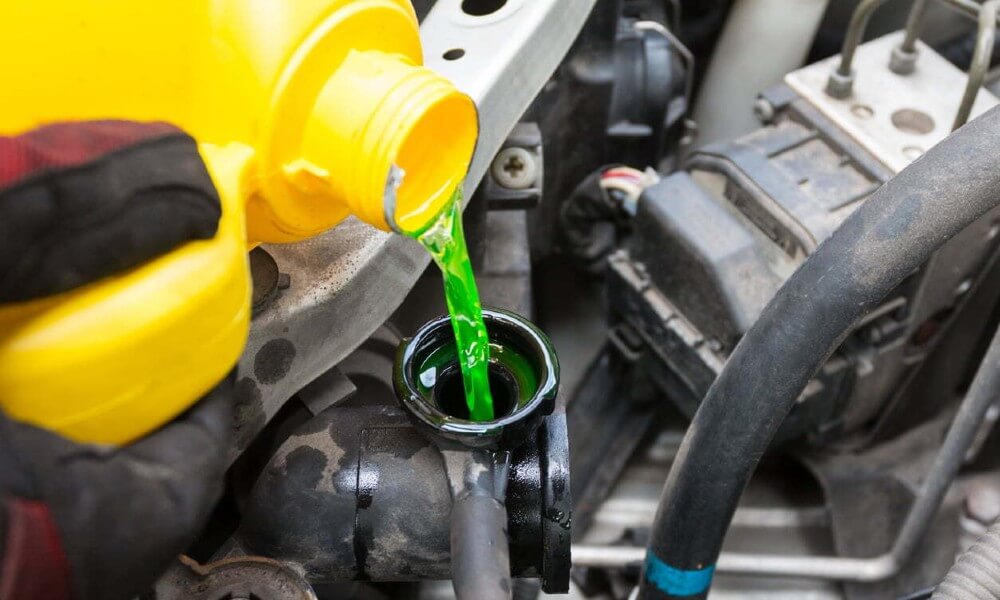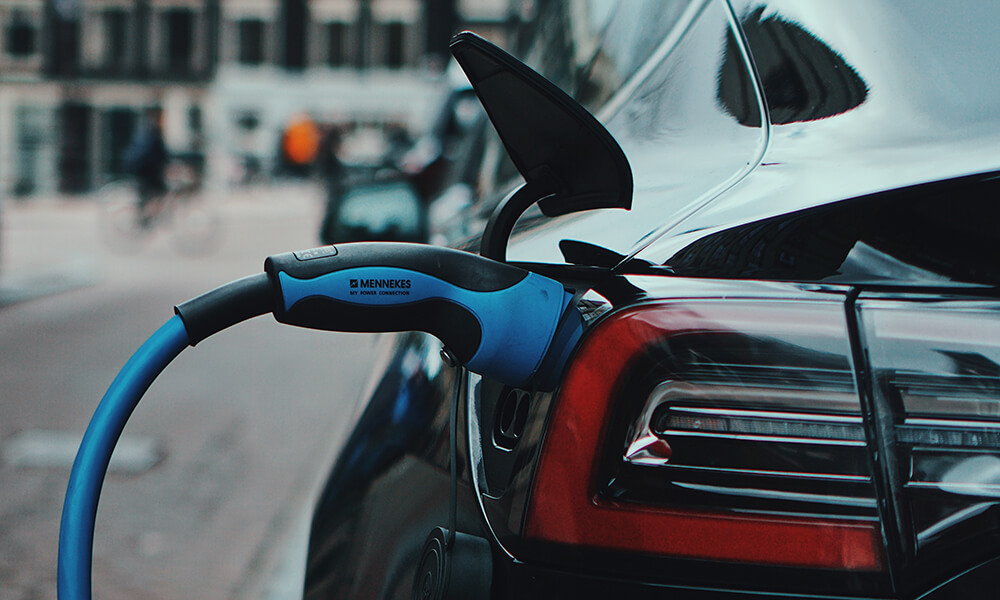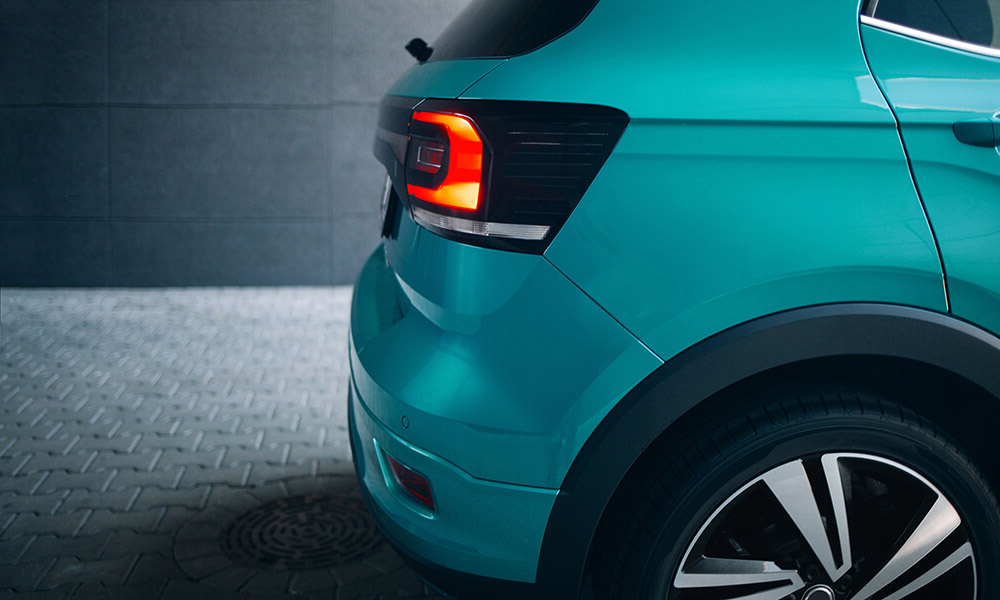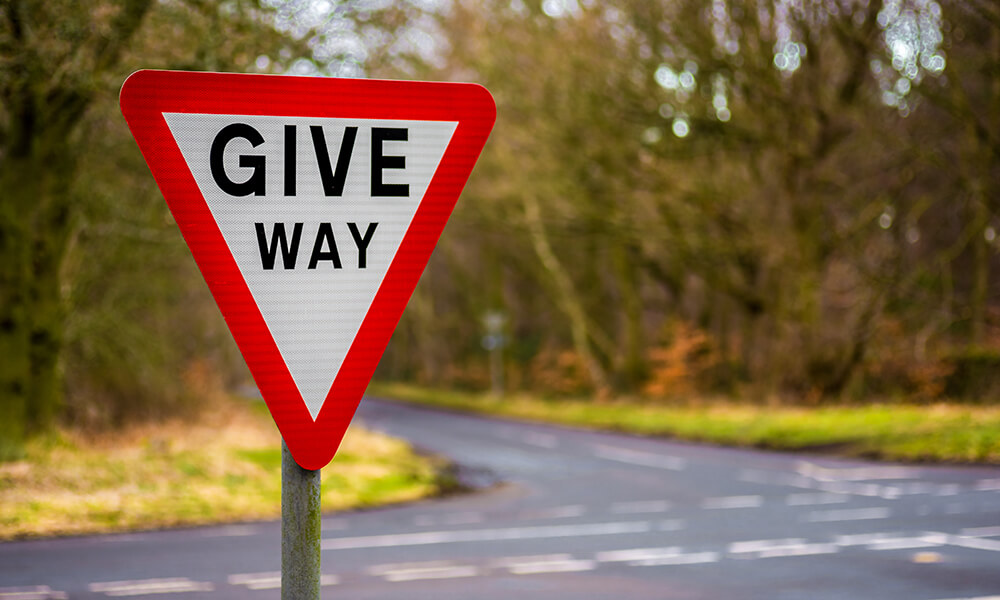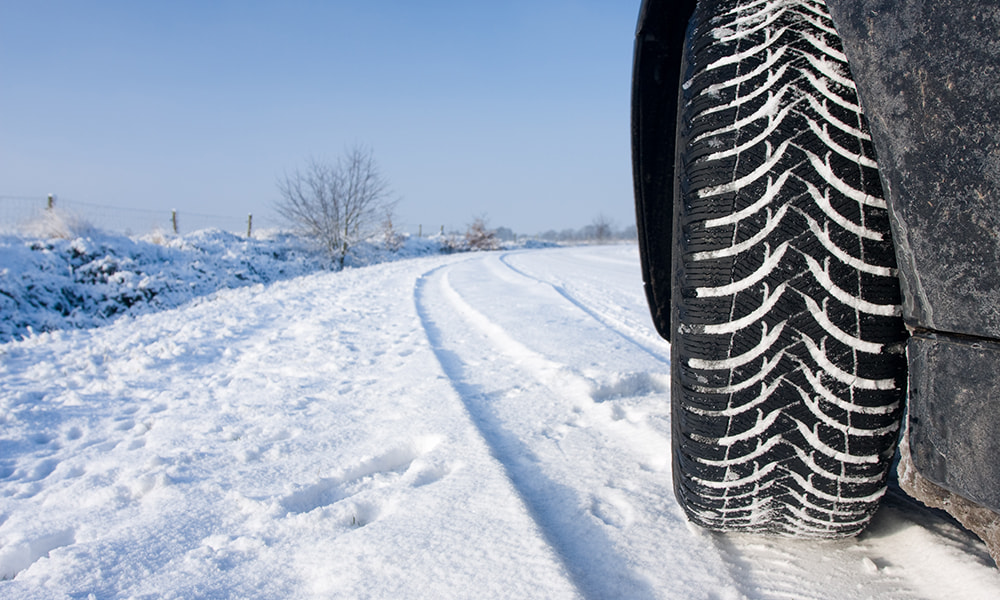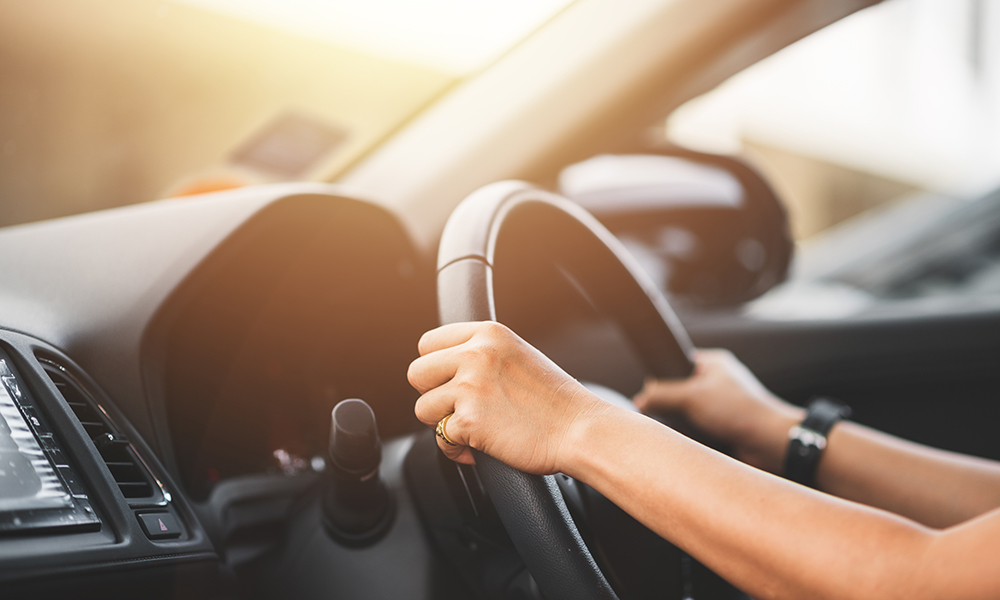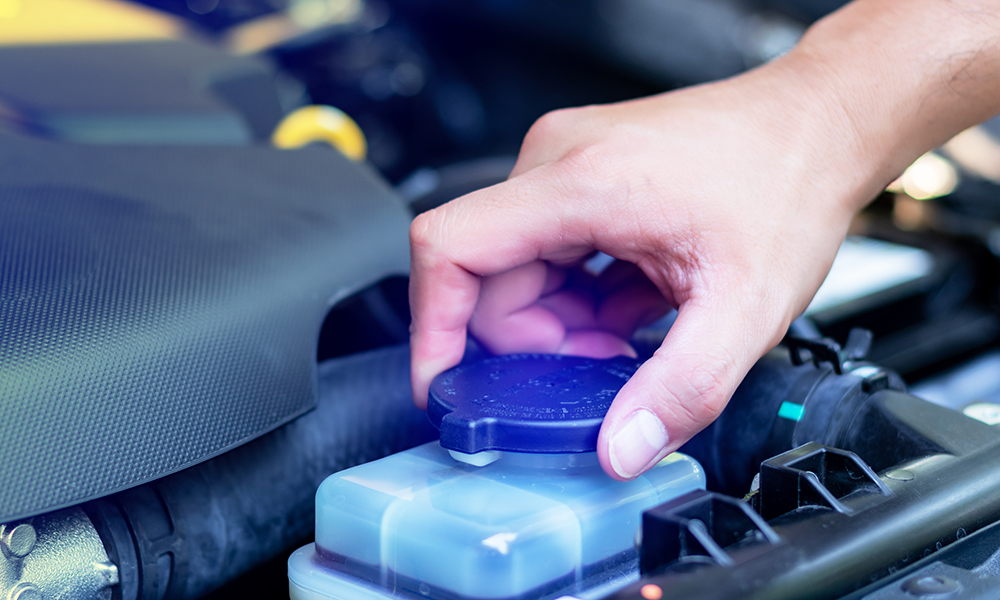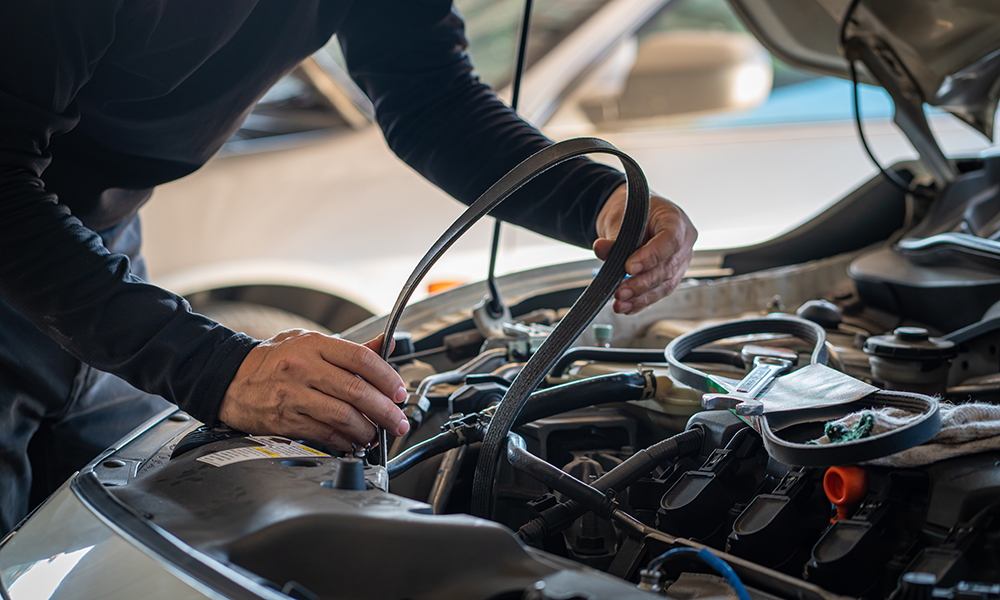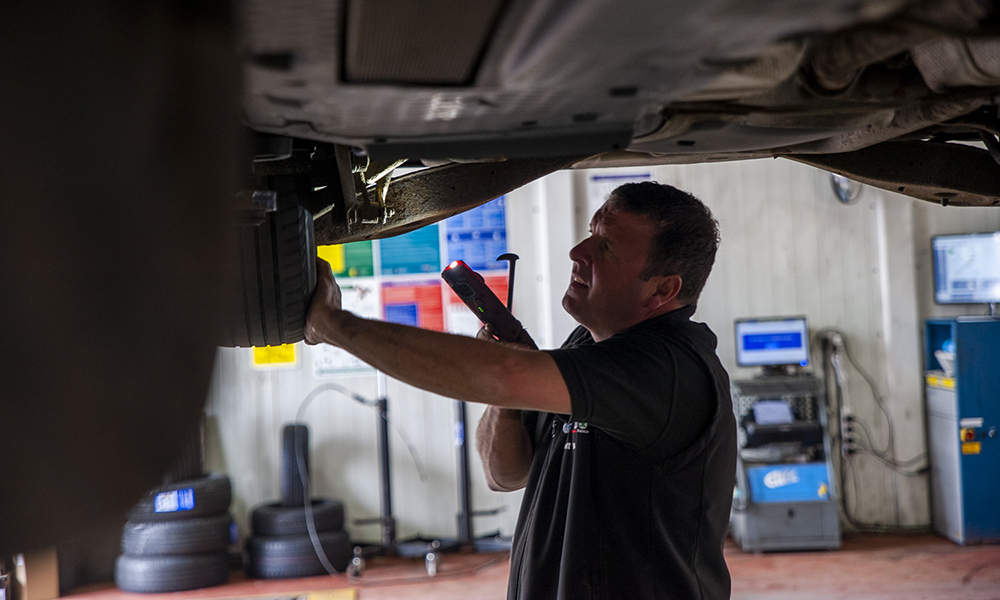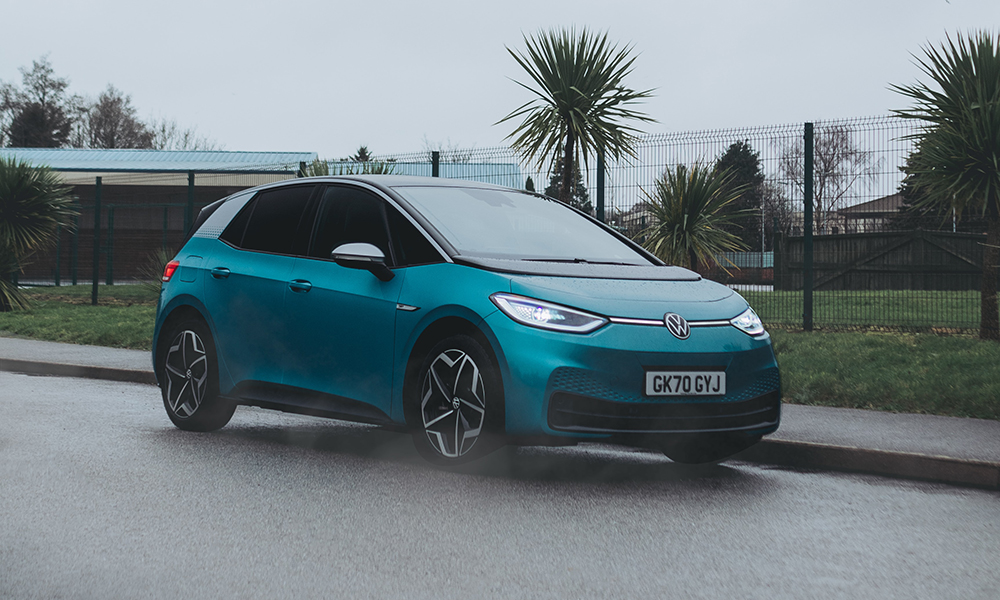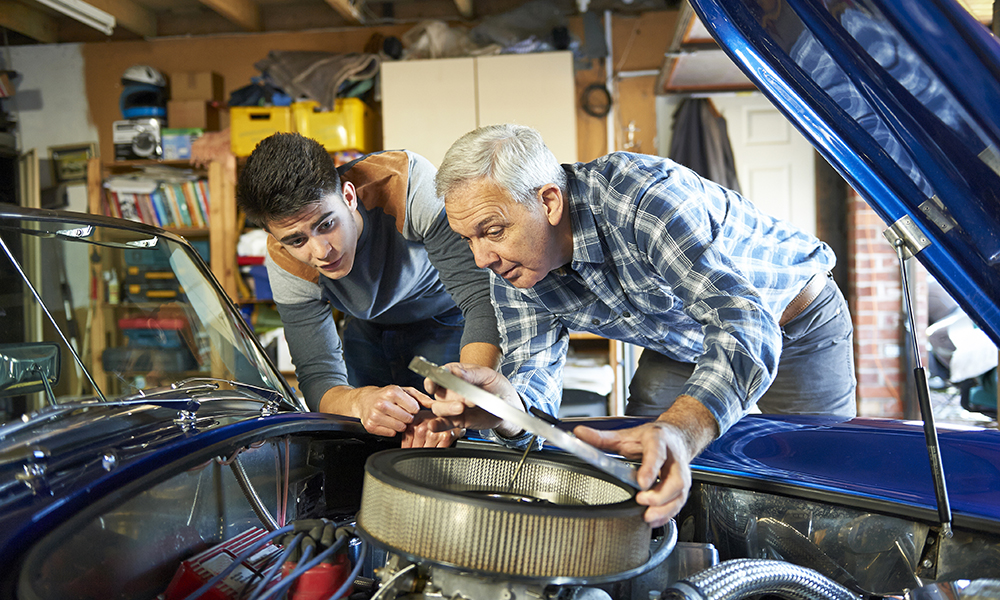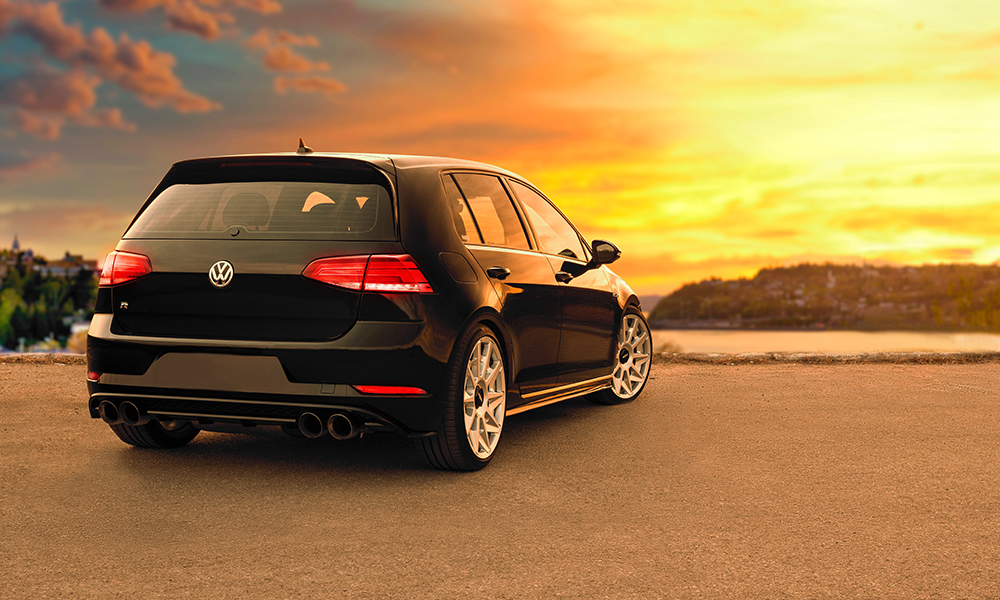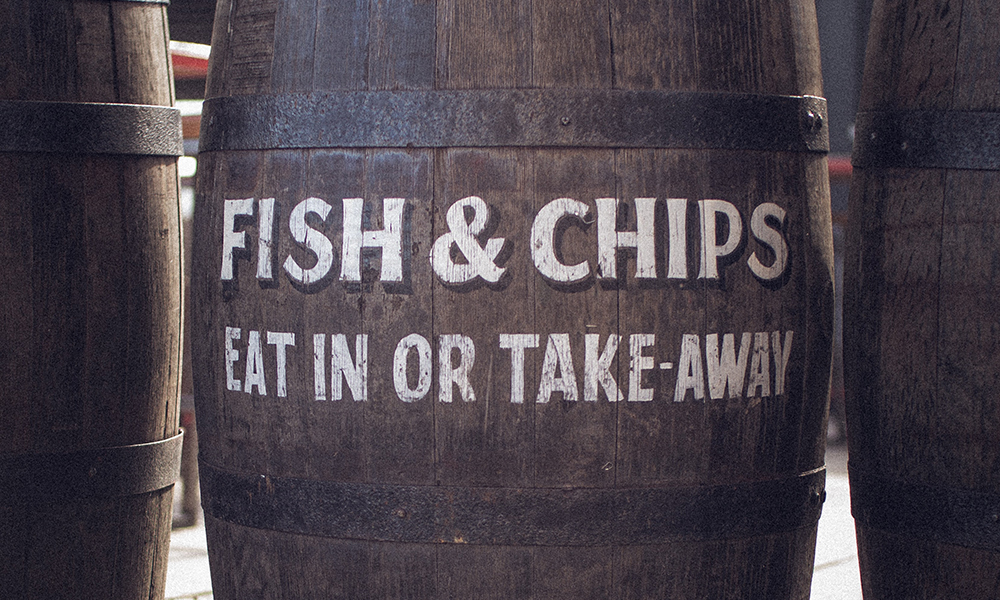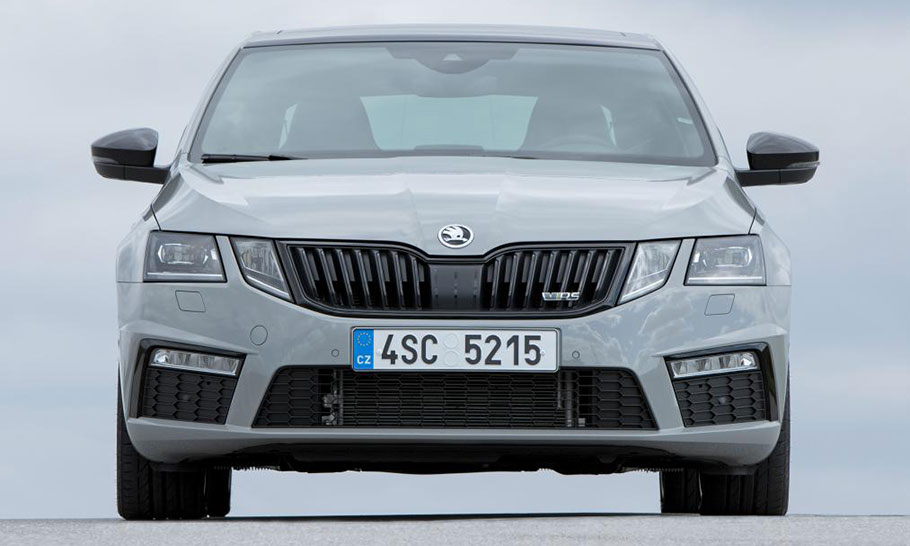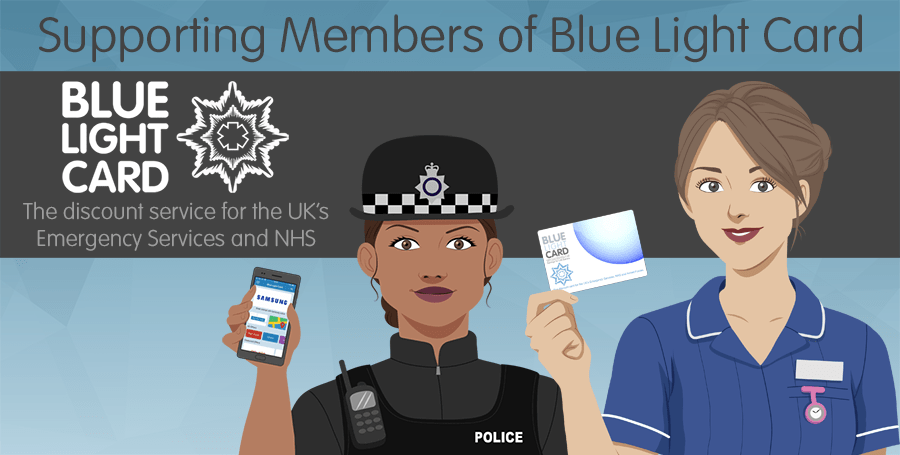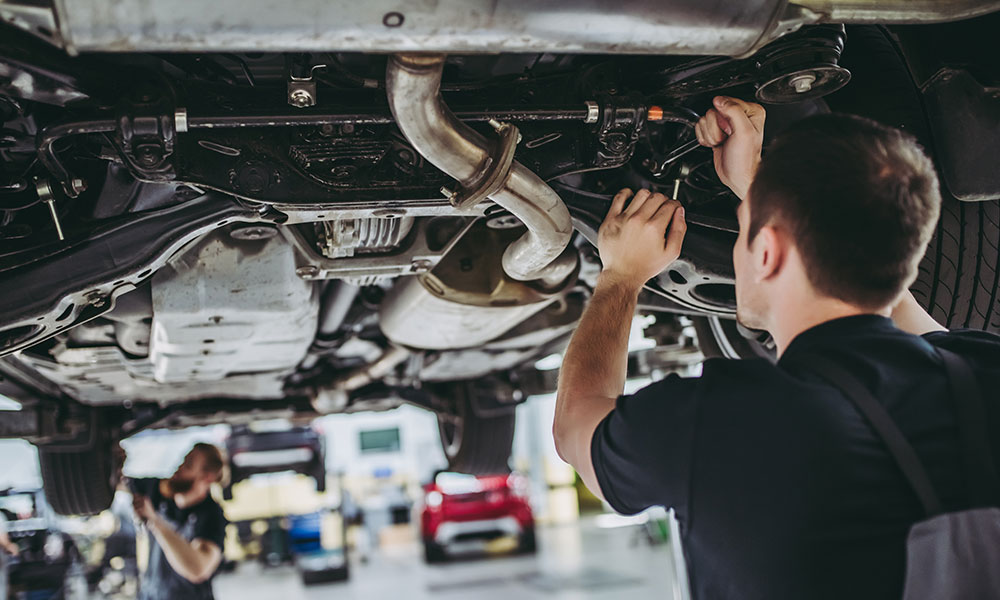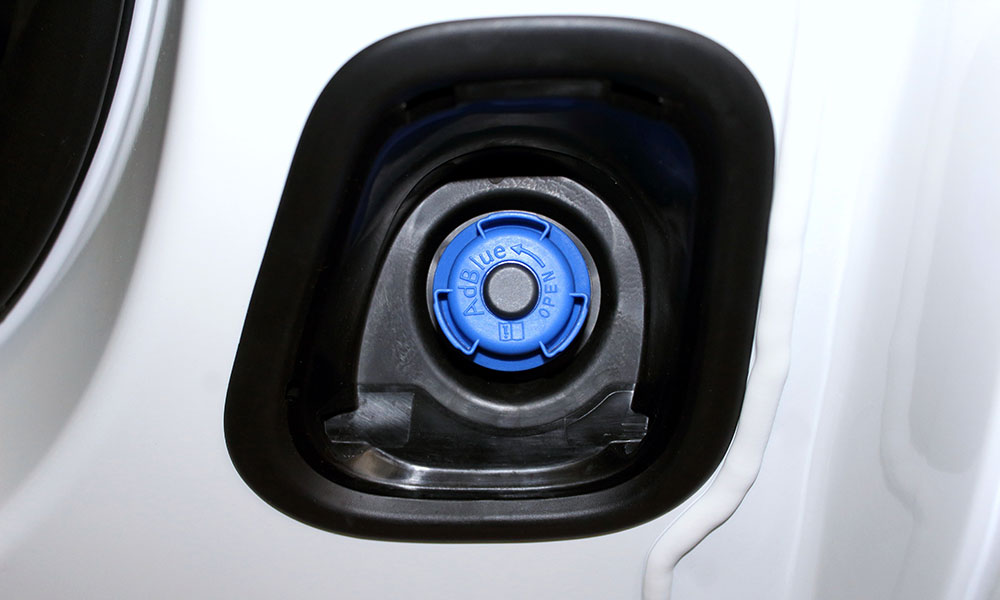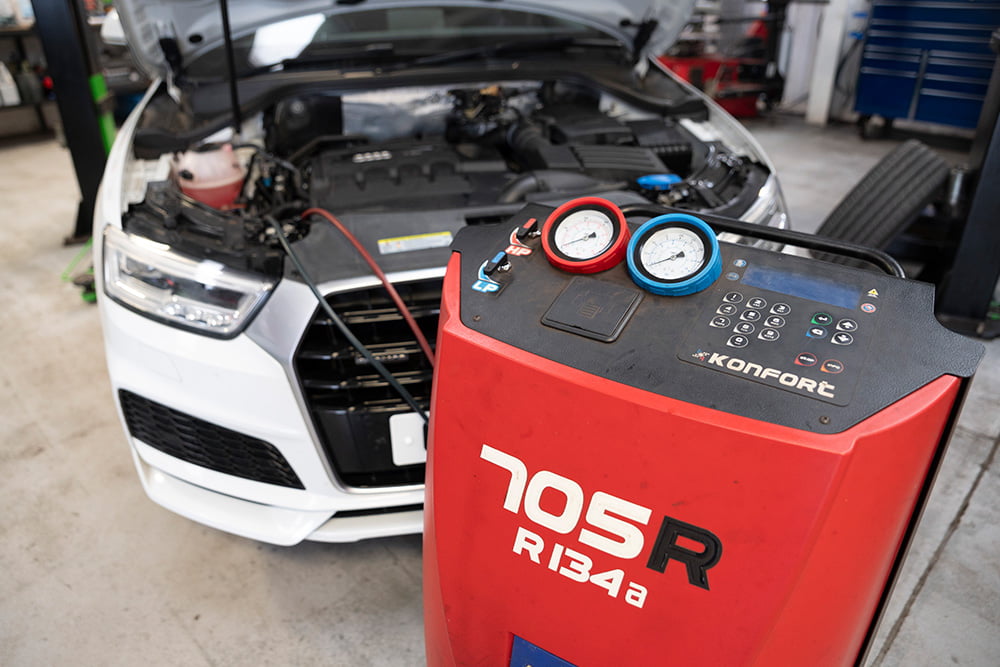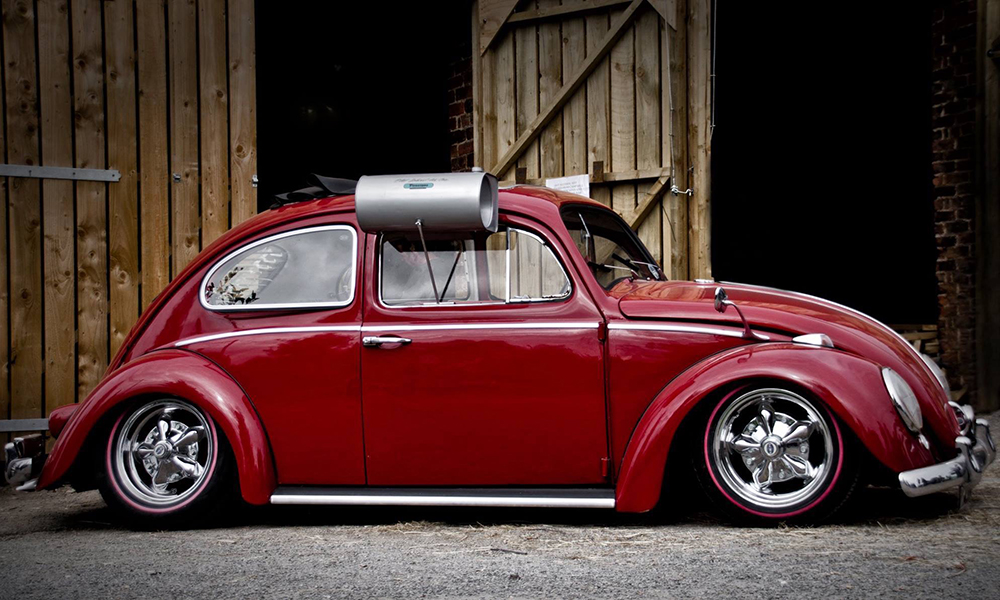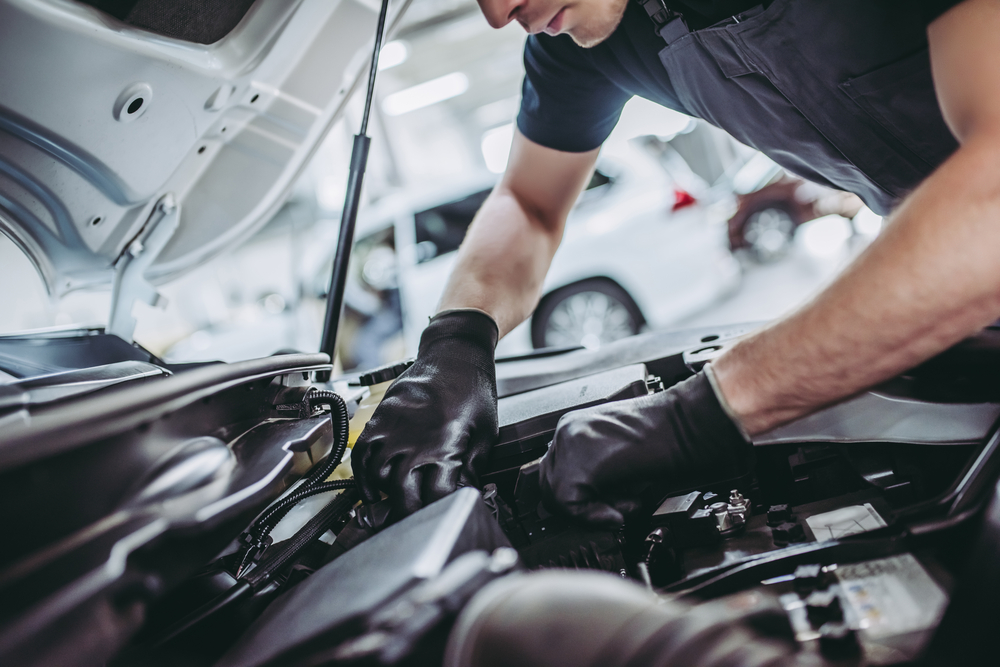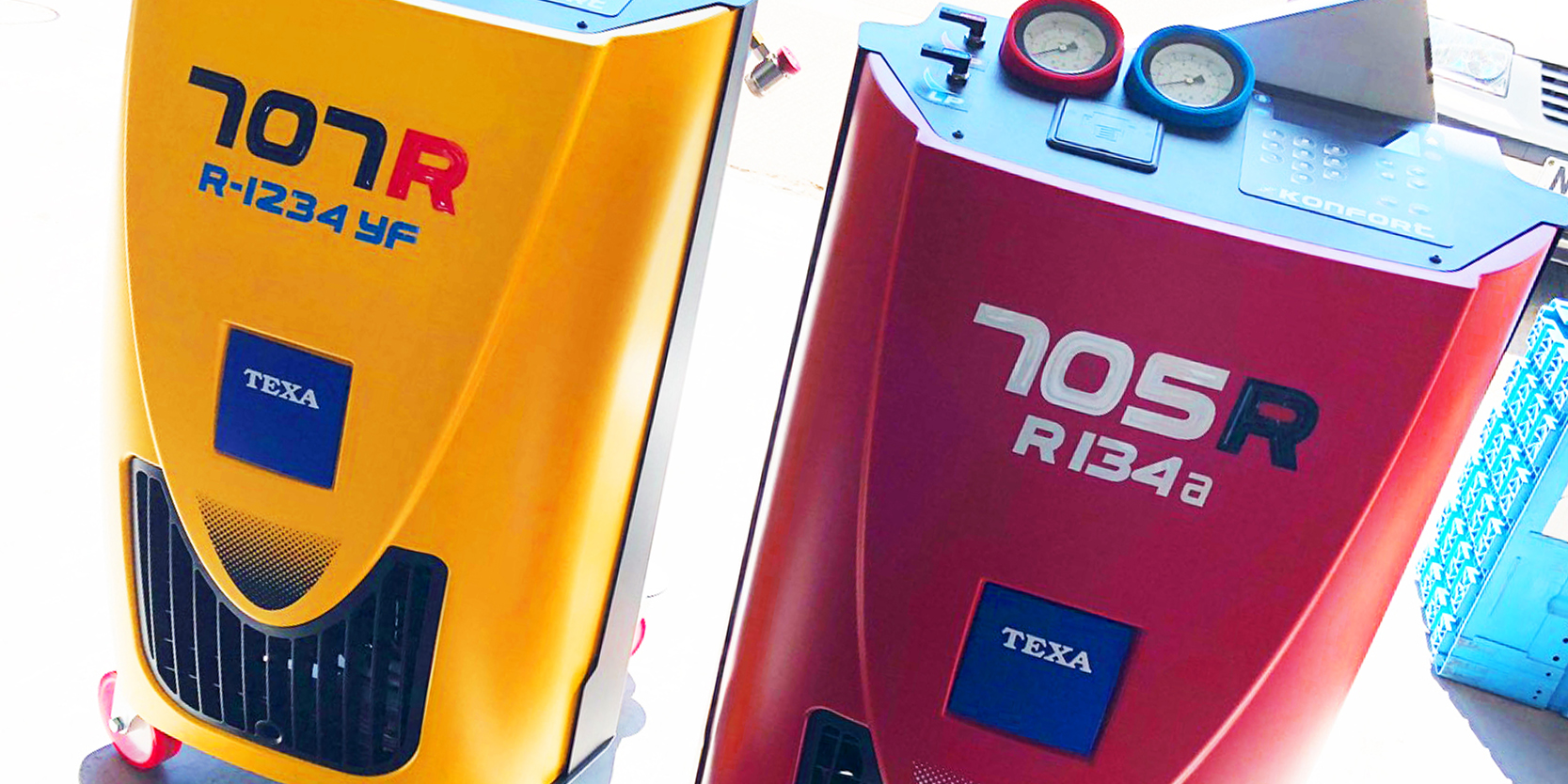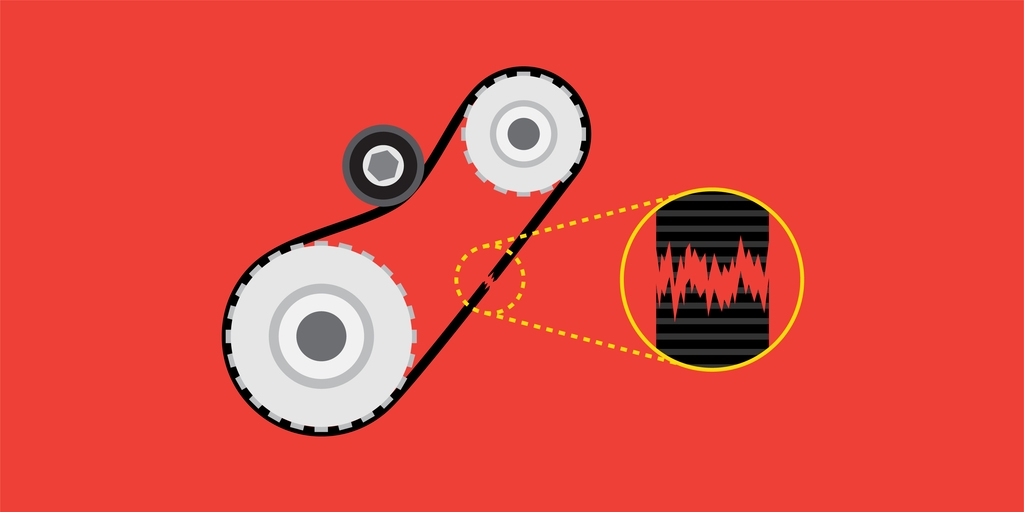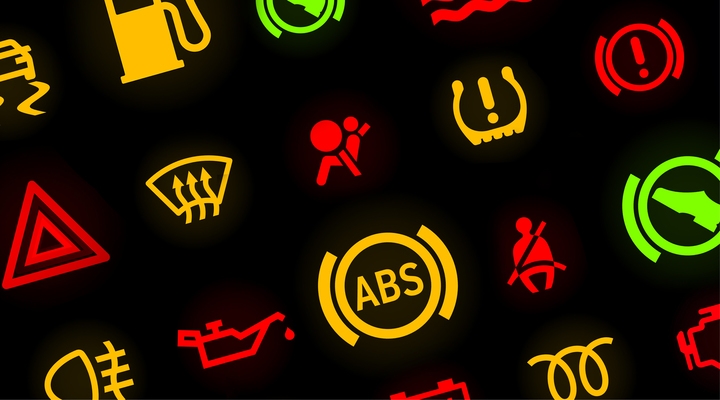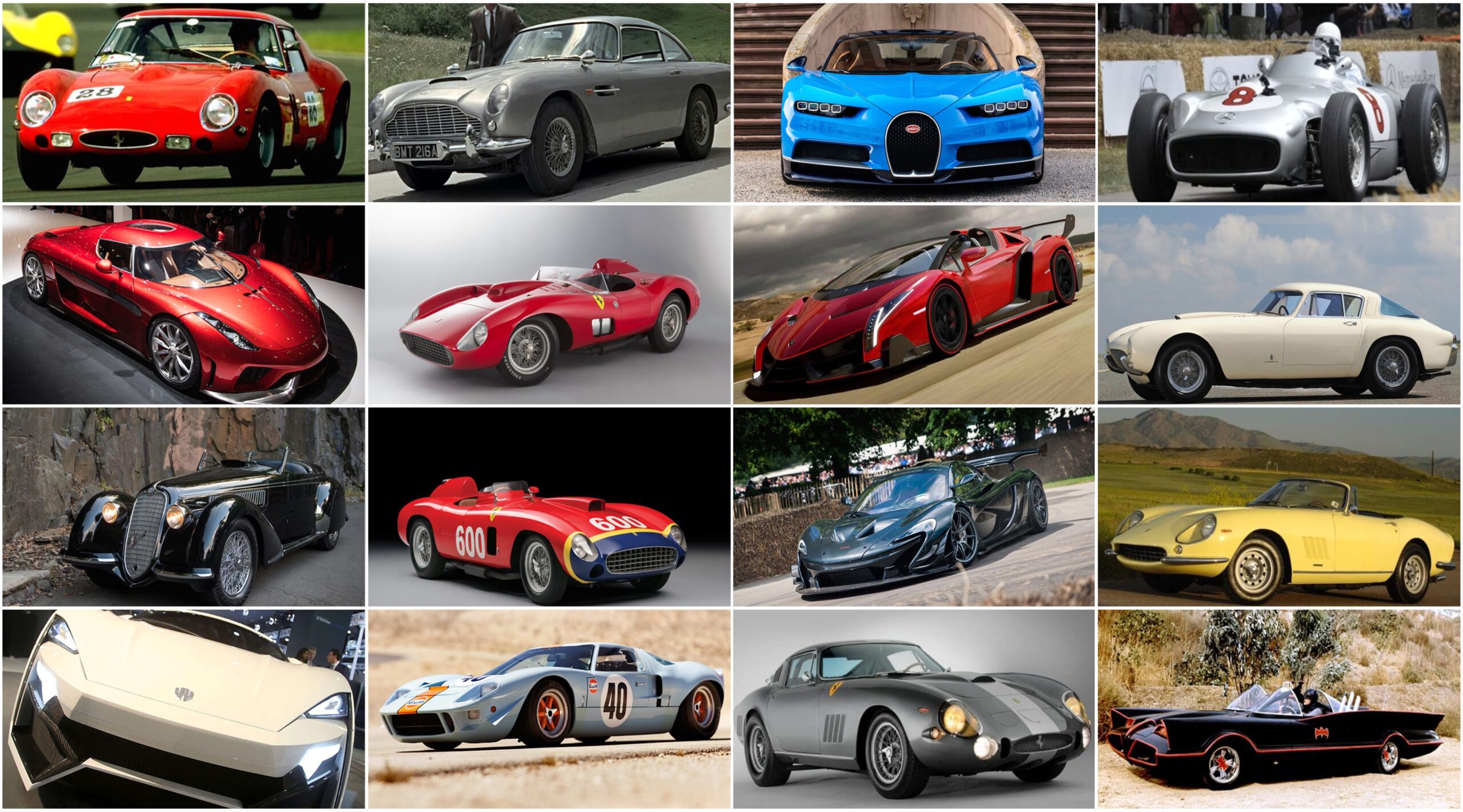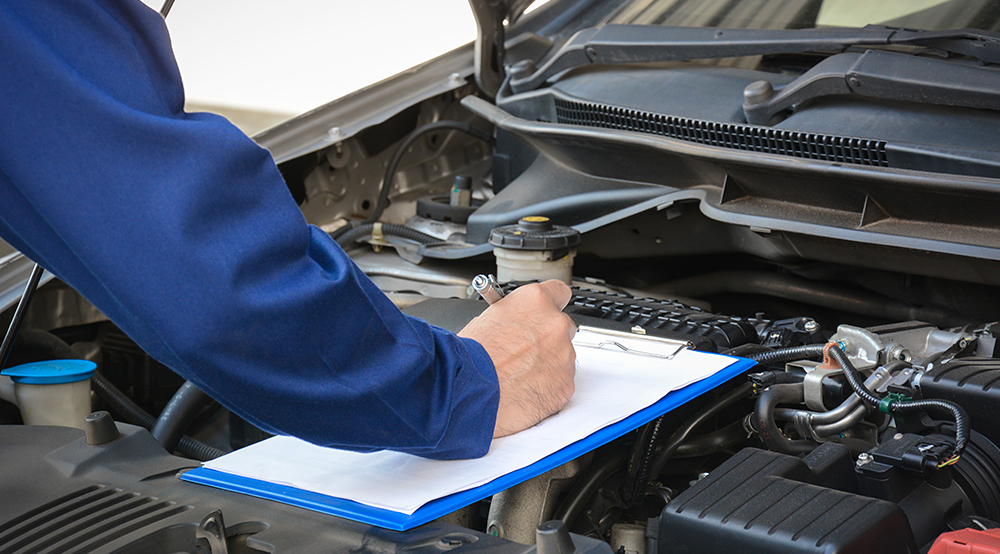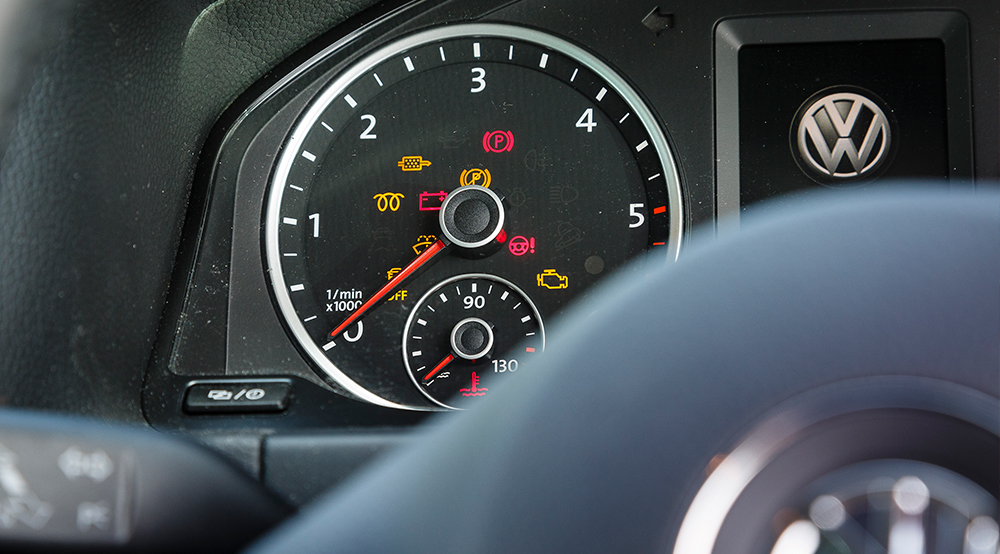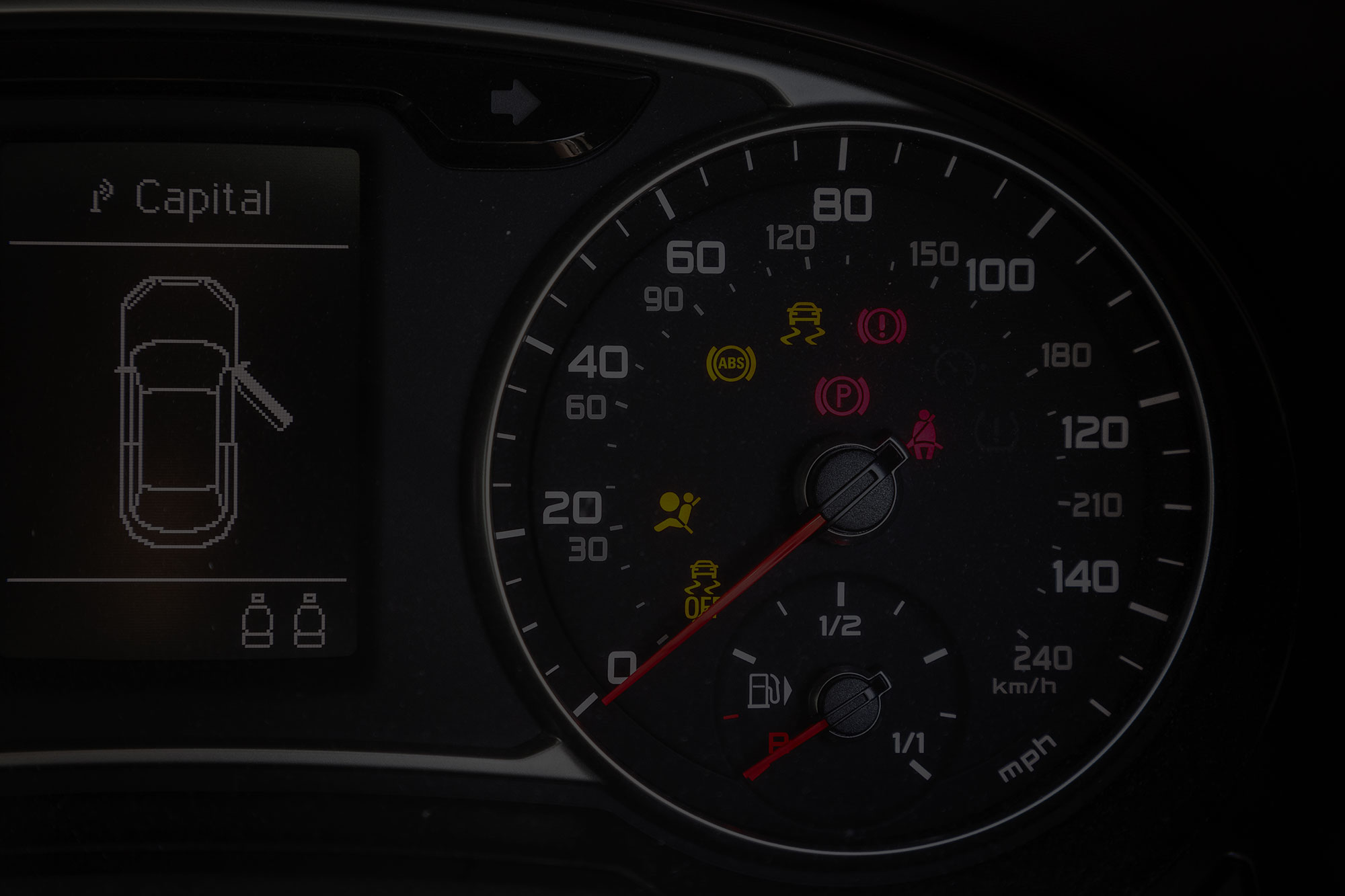E10 Fuel: What is it, and will your car run it?
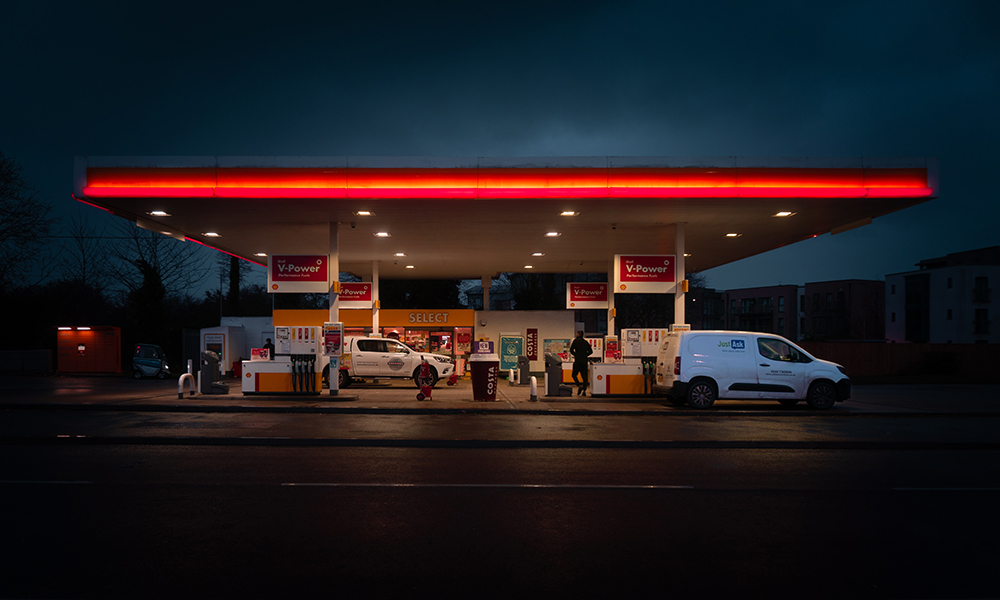
From September 1, a new, greener fuel is set to be introduced to petrol forecourts across Great Britain.
E10 petrol is due to become the new standard petrol grade, replacing the current E5. Its introduction is part of the latest push from the government to meet CO2 targets before the ban on the sales of new petrol and diesel vehicles comes into force in 2030.
As the local experts for all things petrol, we get asked a lot of questions about the introduction of E10 from customers at the Vasstech garage in Darlington. So, we thought it would be best to answer all your questions, ahead of September 1.
What is E10 petrol?
In the UK, ethanol (alcohol manufactured from plants like sugar beet and wheat) is blended with fuel derived from oil. Currently, standard unleaded petrol contains up to 5% ethanol (E5) – but the introduction of E10 will see the percentage of ethanol increased to – you guessed it – 10%.
According to the Department for Transport, E10 could help cut the UK’s carbon emissions by up to 750,000 tonnes a year (which is equivalent to taking 350,000 cars off the road).
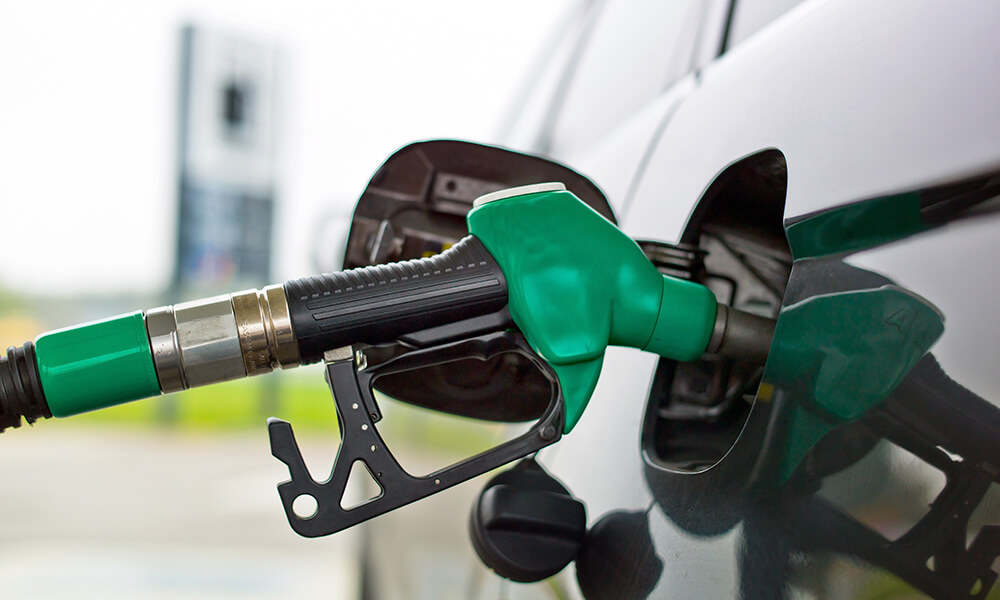
Is your vehicle compatible with E10?
As it stands, all new cars manufactured since 2011 will be compatible with E10. Over 95% of petrol cars and motorbikes currently on the road will also run with E10 fuel, including petrol vehicles manufactured from the late 1990s.
Despite this, the government has warned that the following vehicles may not be compatible with E10 petrol:
- Classic, cherished and older vehicles
- Some specific models, particularly those from the early 2000s
- Some mopeds, particularly those with an engine size of 50cc or under
While forecourts may be replacing the current E5 petrol with E10, you’ll still be able to buy E5 fuel at petrol stations (but only in the form of super unleaded fuel, which is more expensive than lower-octane petrol).
For further peace of mind, you can use the government’s E10 vehicle checker.
What will be the benefits of using E10 petrol?
There will be many benefits of E10 fuel for motorists who may be concerned about their carbon footprint.
For starters, using E10 will mean you produce fewer CO2 emissions while driving. Plus, it will help further reduce the country’s reliance on fossil fuels. More importantly, ethanol is non-toxic and renewable (and can be produced in the UK). So, it’s easy to source, and doesn’t need to be imported!
What should I do if I put E10 fuel in my non-compatible car?
If you accidentally fill your older car with E10 fuel, it isn’t the end of the world – your car will still run – just make sure you fill up with E5 next time.
In fact, you can mix E10 and E5 fuel together. So, if your E10-incompatible car has E10 in its tank, begin to mix it with E5 after you’ve used between a third and half of the tank (to lessen its impact on the engine).
Will E10 fuel be more expensive?
Once E10 becomes the standard fuel at the forecourt, it will become the cheaper petrol. This lower price doesn’t mean E10 is a low-quality fuel – it just means that its price will drop as it becomes more widely available than E5. In fact, the Department for Transport estimates that it will reduce petrol costs by anything up to 0.2 pence per litre.
That being said, the shift from E5 to E10 may increase your fuelling costs by anything up to 1.6% – as the ethanol content could reduce your car’s fuel economy, thus resulting in motorists needing to buy more fuel.
Is E10 petrol really greener?
Ethanol is a carbon-neutral fuel, since the plants it is produced from absorb CO2 from the air while growing – meaning they offset the CO2 emitted when the fuel is burnt. But, does the CO2 captured really offset what is burnt?
Plus, some people are against using food crops to produce fuel, as they believe it could result in food shortages, or increased prices in the future. That being said, we can’t take away from the fact that ethanol is genuinely good for the planet. There is potential to increase the concentration of ethanol in fuel more in the future. In Brazil, for example, vehicles can run on anything up to E100 fuel (that’s 100% ethanol)!
Trust Vasstech’s garage in Darlington for friendly advice
Vasstech’s garage in Darlington is surrounded by petrol stations – all of which will begin to introduce the new E10 petrol from September 1. If you’re concerned about the impact of E10 fuel on your vehicle, hopefully, what we’ve said so far will help put your mind at ease. Suppose you currently drive one of the 500,000 vehicles that won’t be compatible with E10 fuel after September 1. In that case, there’s no need to worry – E5 will still be available at the forecourts.
For more information about E10 fuel and how it could affect your vehicle, get in touch with the team at Vasstech Darlington today.


